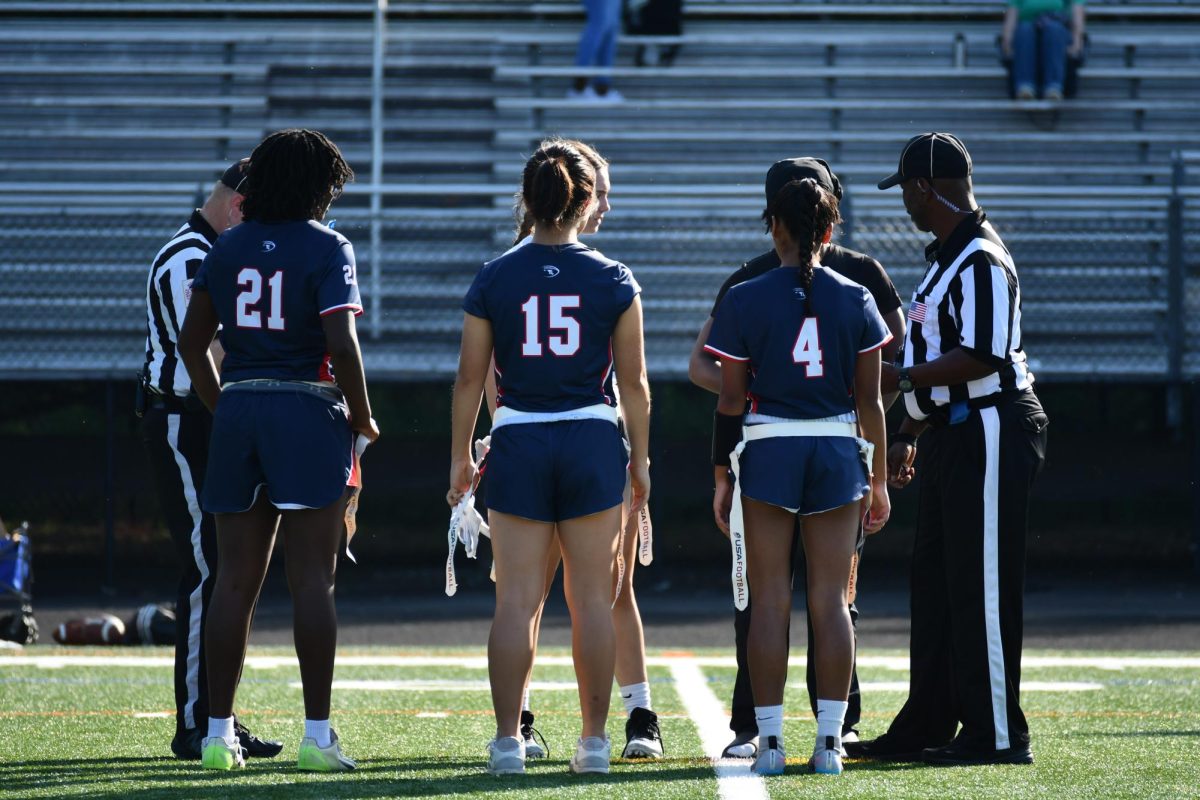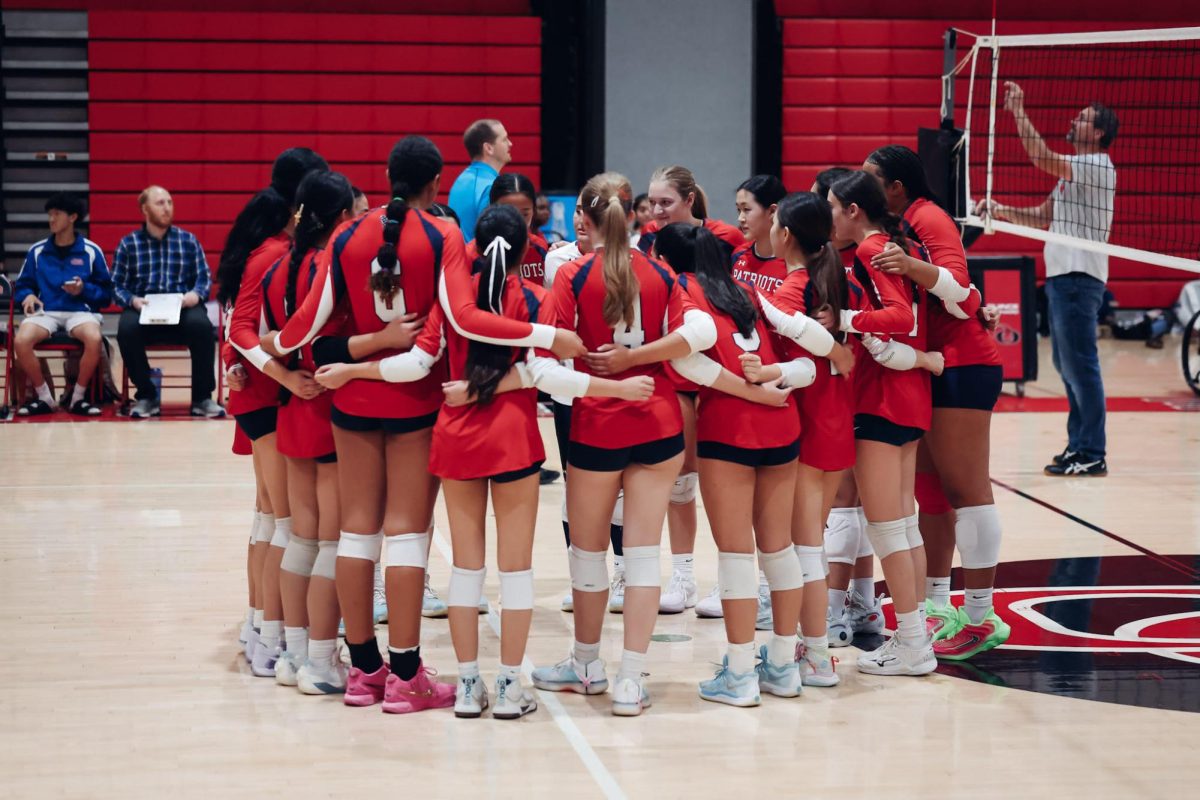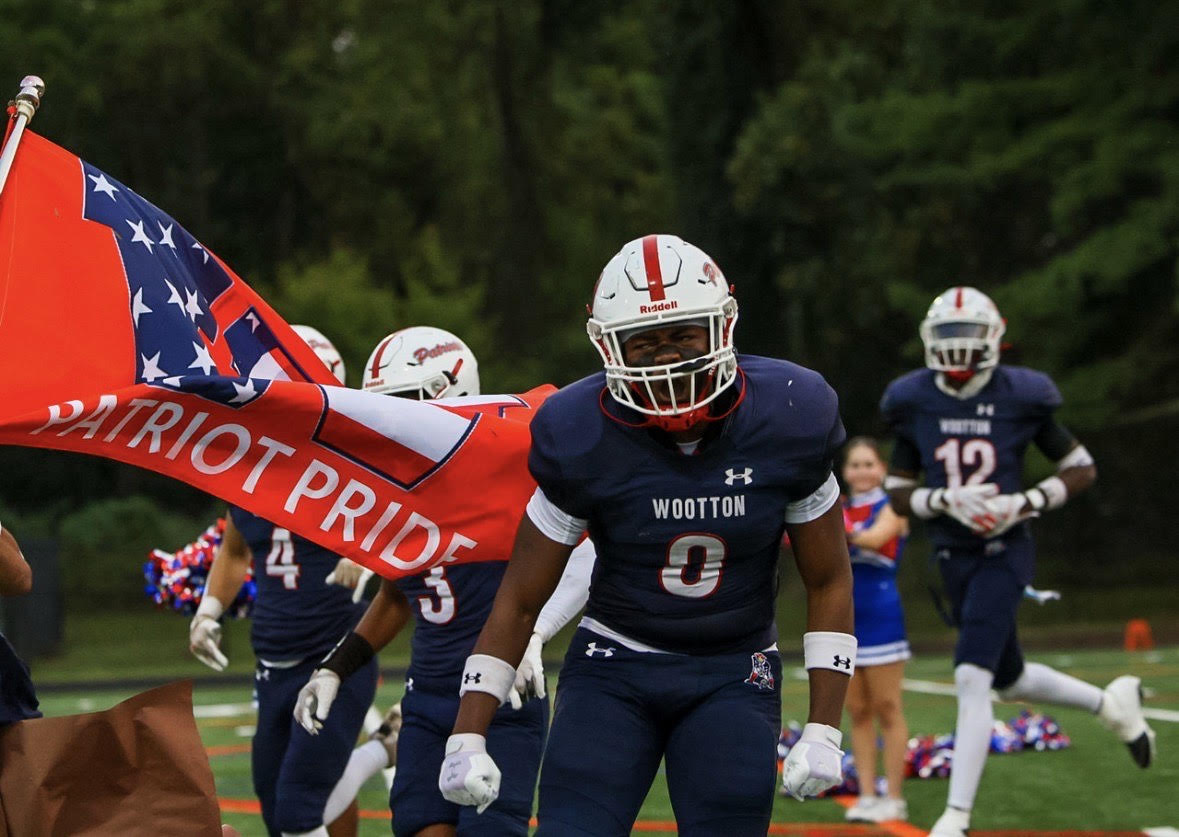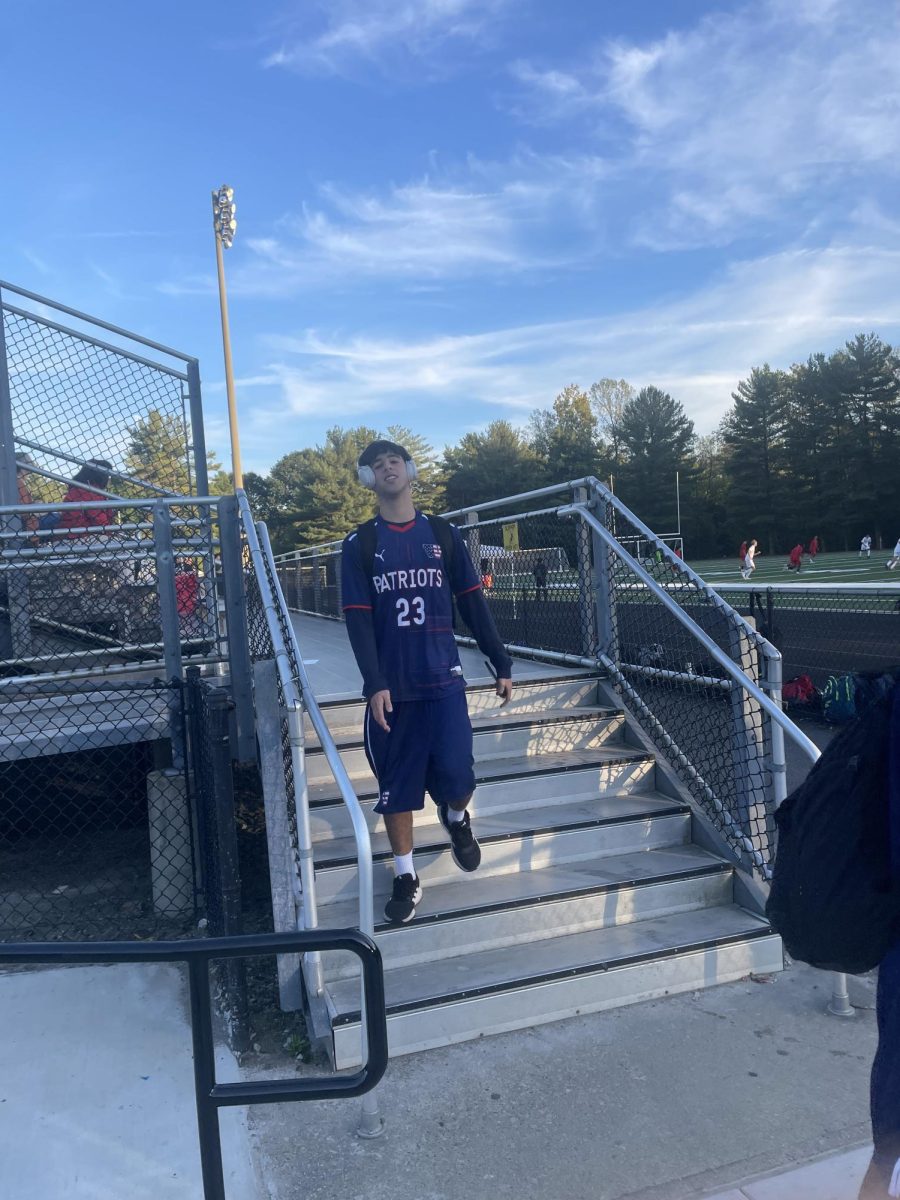This year’s ice hockey state championship game, featuring our Patriots against rival Churchill Bulldogs, was a special experience. The high stakes and fierce rivalry built a tense and exciting atmosphere, but a description of the game would not be complete without including another noteworthy element – the nearly 1,000 screaming fans who packed into the bleachers at The Gardens Ice House in Laurel to watch the championship bout.
Both student sections made their presence felt during the game, with each side alternating outbursts of ecstasy and frustration and chants frequenting the night. The Patriots were done in by third-period miscues, but the game, and the experience, proved to be worth the price of admission.
In this column, I typically focus on the people seen on the field, court, or rink. But being a spectator can often be as memorable, and occasionally as enjoyable, as being a participant in the game itself. Fans are an inseparable and iconic part of the sports experience, from high school to the pros. Just look at the student sections in the UNC-Duke basketball rivalry distracting opposing players, the Seattle Seahawks retiring the number 12 to commemorate their fans, the 12th man, or the recent Stanley Cup parade for the Washington Capitals. There’s nothing like playing in a sports game, but it is undeniably fun to be a fan.
Fans will never be listed on a team’s roster or literally suit up to play, but being a fan fosters an emotional connection and pride that makes any fan identify as a part of the team. One of the best aspects of sports is the range of emotions that an event can bring: the jubilation of a game-winning touchdown, the stress-inducing suspense of a close game, the devastation of a narrow defeat. Fans can feel these emotions as much as anyone – just think of all of the camera shots of crying kids or riled-up student sections on TV. There’s also the undeniable joy that comes in the word “us,” a feeling of accomplishment that can unite all kinds of people under the simple affiliation of a shared rooting interest. Fandom makes the spectator feel like a part of something bigger, and greater.
Rooting interests are one major and enjoyable draw to sporting events, but the games can also provide entertainment value for even a neutral viewer.
Being a spectator is not only about the pride and enjoyment that comes with the view from the sidelines.
As an athlete, I have seen how the presence of spectators can make a tangible impact on me and my performance. For my first two years of cross country, we were blessed to have a resident superfan in administrator Joseph DuBois, who attended our meets whether they were around the Frost fields or across the state. He would cheer passionately for each of the runners on our team and jog around the course just to shout words of encouragement during the crushing pain of a 5K. His impact was incredible. His enthusiasm was contagious, but even his mere presence at our meets sent the message to us that the practice and effort we put in was legitimate and mattered, even outside of the confines of our team environment.
Though Joseph DuBois is no longer with us, his example lives on and has changed my perspective of what it means to be a fan and spectator, but a part of a team.







